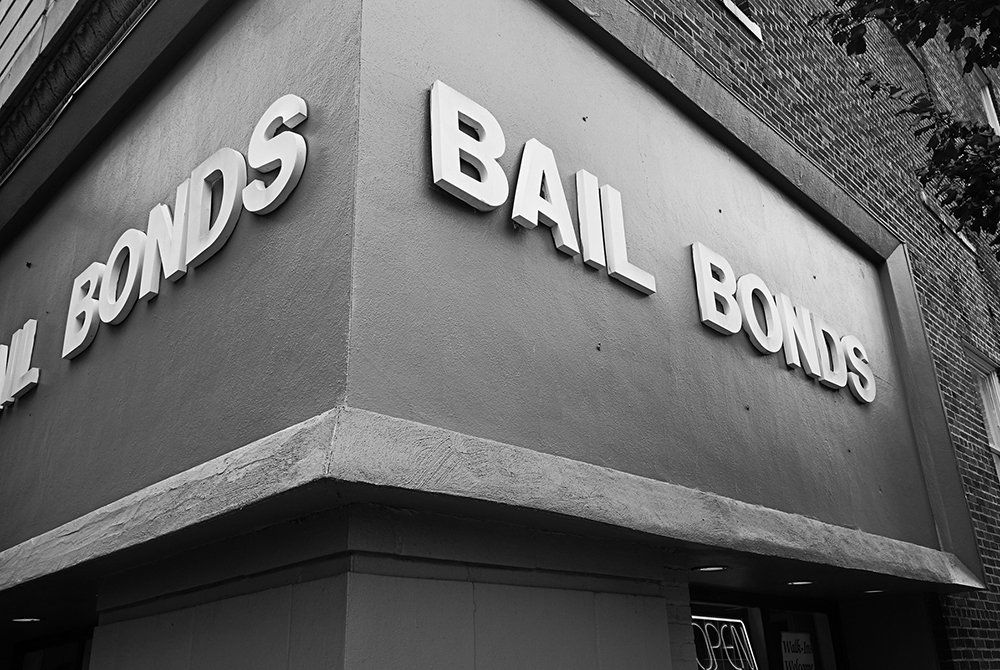What Happens When Someone Jumps Bail?
Bail jumping is a term known to the court system as a failure to appear. An individual receives the charge if they miss any court dates related to an arrest. Bail jumping only occurs when the individual pays bail or works with a bail bond service for the charge that leads to a failure to appear. Potential bail jumpers need to understand how the decision will affect their life.
Receive Additional Charges
A failure to appear charge becomes a part of the criminal record of the individual. It could increase the fines they owe and the time they could spend in jail.
The added charge for the defendant may depend on the charge they originally faced. It is a Class C misdemeanor if the person originally faced only a fine as a penalty and not incarceration. Individuals that faced felony charges will receive an additional felony charge. A Class A misdemeanor charge is for people with a reasonable explanation for their absence.
Get Bench Warrants
Bench warrants allow the police to arrest the individual if they cross paths with them for any reason. Someone with a bench warrant against them could end up arrested if spotted by police while walking down the street. The police may also go to the home or workplace of the individual and make an arrest.
Endure Bounty Hunters
The bail bond company stays updated about court dates for all its clients. The company will know when someone does not appear at a hearing or trial. The service will call all contact numbers on file for the client to find them. Multiple calls may occur, and the person who hired the bond service will receive a notice that their assets used for the bail could be at risk.
The bail bond company may eventually contact a bail enforcement agent if their efforts fail. The agents, also known as bounty hunters, can arrest bail jumpers if they have authorization from the bail bond company to find the individual. Texas bounty hunters cannot enter a residence without consent, but they can go to a public place (like a workplace) to do their job.
Some bail enforcement agents may discuss alternatives with the client and encourage the person to turn themselves in rather than experience an arrest. For example, revocation of bail takes place when people do not attend court, but losing the bail money does not always occur. The court accepts some reasonable excuses, like serious illness, for missing a court date.
Experience Further Complications
If the bail jumper does not turn themselves in or have a reasonable excuse for their behavior, the person who hired the bail bond service will lose the cash and collateral they used for bail. Some bond companies may also charge the contract signer for the services of the bail enforcement agents. This can lead to the individual facing severe financial losses.
Bail jumpers risk their freedom because they increase the charges against them. The defendants will lose the trust of the person who originally posted their bail. They may also feel embarrassment from the constant contact of friends, family, the bail service, the police, and bail enforcement agents. They may risk their job loss if an arrest occurs at work.
The bail bond system enables people to get home sooner, and the services offer convenient payment options. However, using this system is much easier and cheaper when people attend their court dates as expected. At A-Action Bail Bonds, we are happy to answer questions people may have about the service. We are open 24-hours a day, so contact us anytime for help.
















